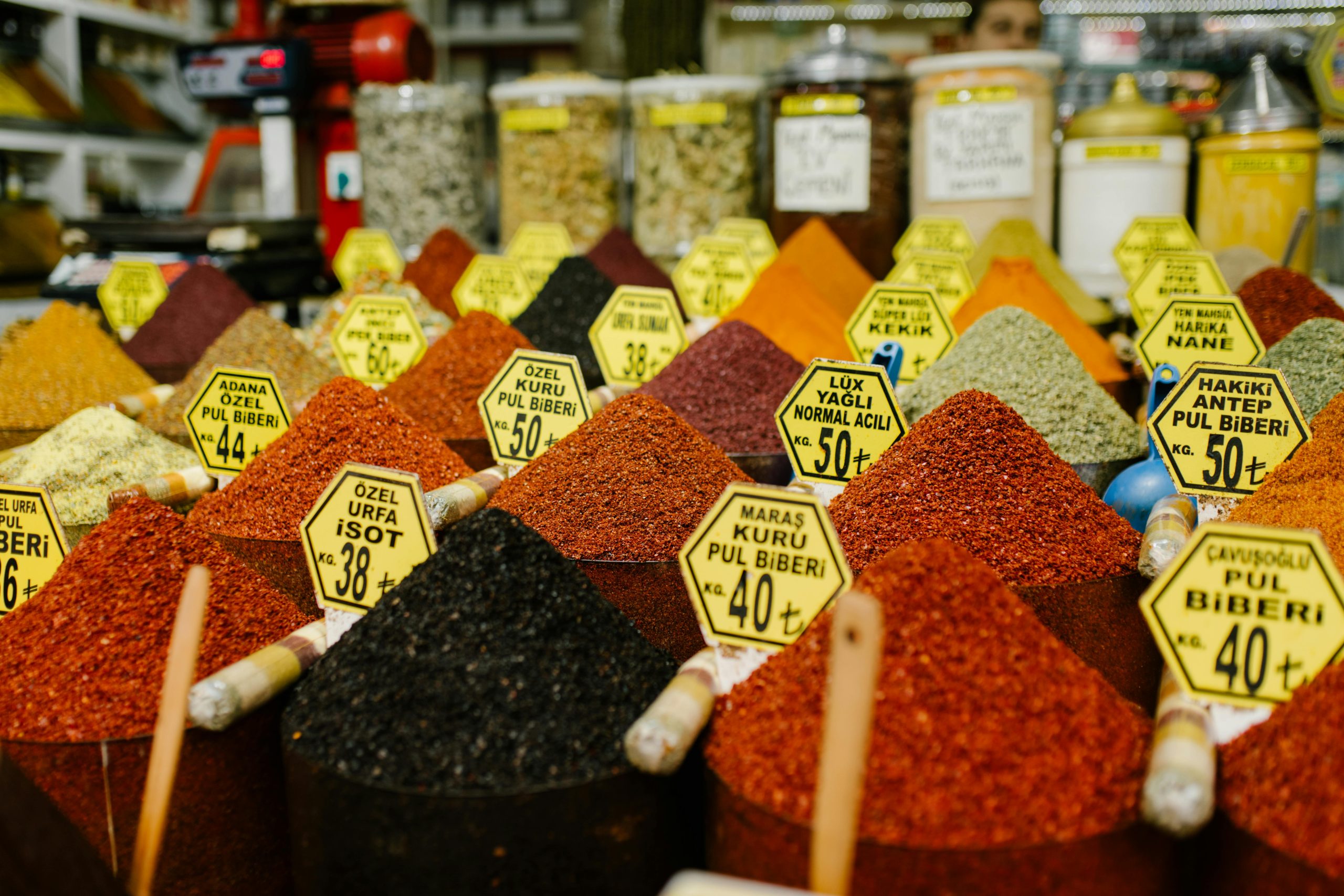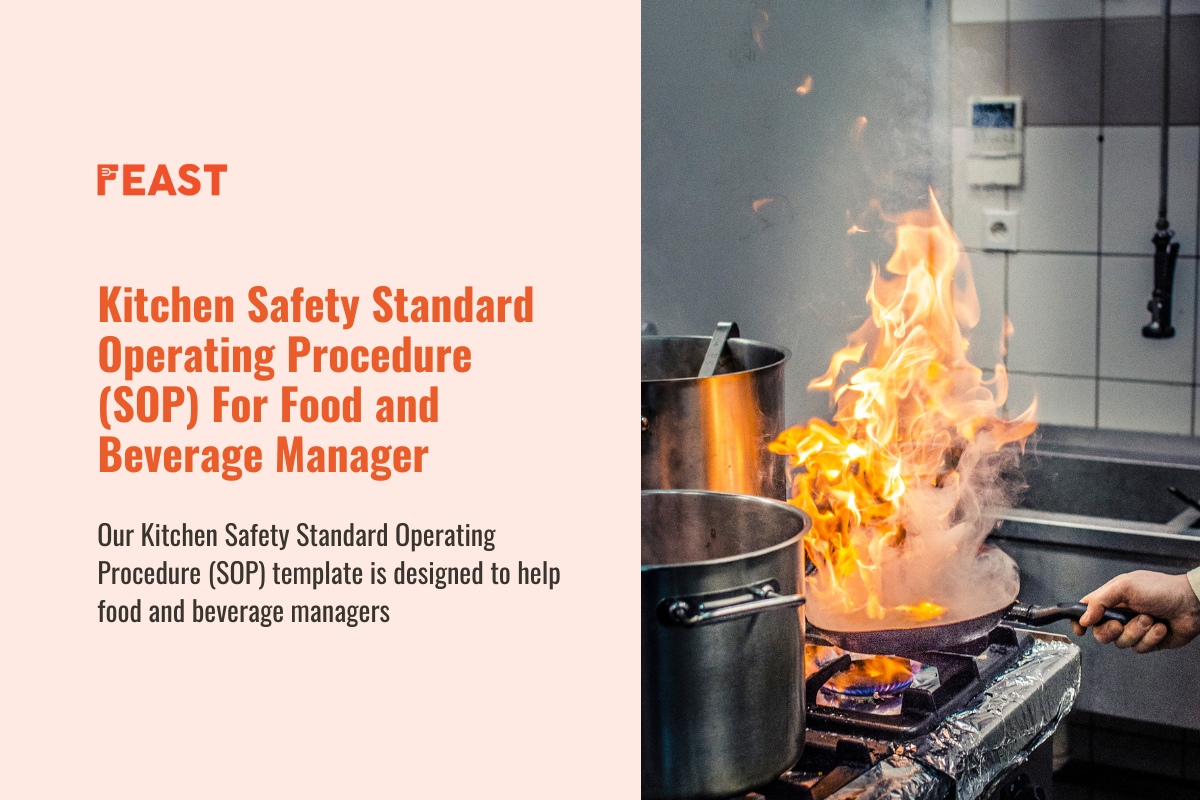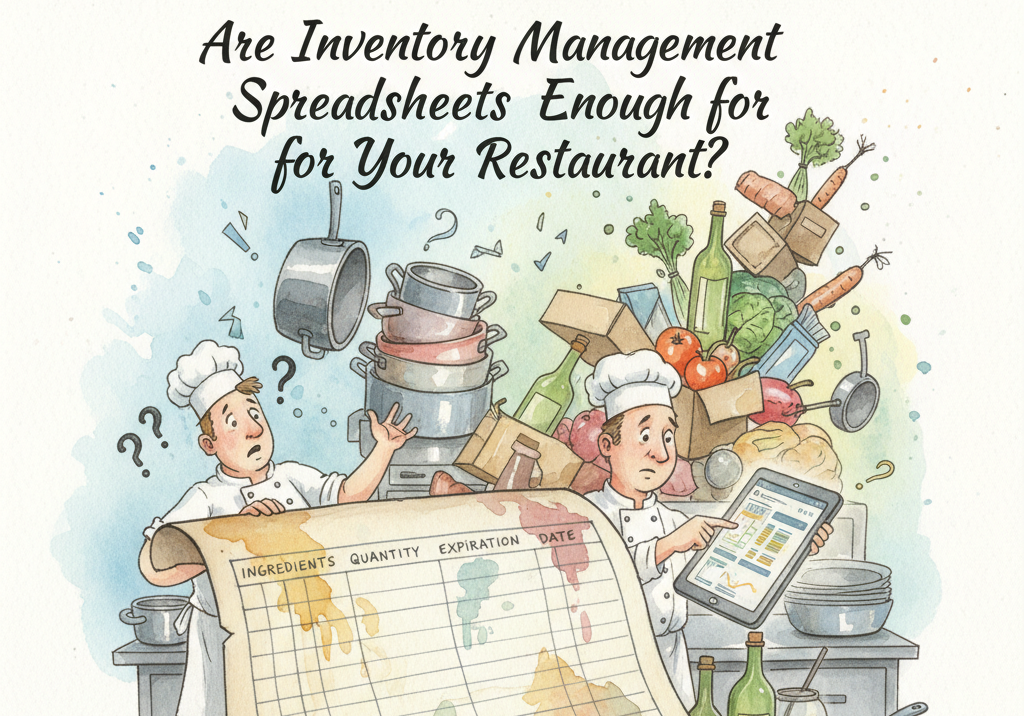Understanding food labelling regulations in Malaysia is crucial. It’s not just about compliance but also about building trust with your customers. In this guide, we will walk you through everything you need to know about food labelling regulations in Malaysia, including mandatory information, nutrition facts labels, and the importance of food safety labelling. Let’s dive in.
What are the food labelling regulations in Malaysia?
Food labelling regulations in Malaysia are governed by the Food Act 1983 and the Food Regulations 1985. These laws ensure that food products are safe and properly labelled to protect consumers from health risks and misleading information.
Under these regulations, you need to ensure that all prepackaged food items sold in your restaurant or supplied to other outlets include clear and accurate labels. These laws apply to local and imported food products, so if you’re sourcing ingredients internationally, you must comply.
Failure to adhere to these regulations can result in penalties. In 2022, the Ministry of Health Malaysia reported that over 200 food labelling violations led to fines totalling RM1.5 million. This shows how seriously authorities enforce these laws.
What is the Food Regulation Act in Malaysia?
The Food Regulation Act in Malaysia comprises the Food Act 1983 and its subsidiary legislation, the Food Regulations 1985. These laws cover all aspects of food safety, including labelling, hygiene, and advertising.
Here’s why it matters to you:
- Transparency: Accurate food labelling helps customers make informed decisions.
- Accountability: It ensures you are responsible for the food you sell.
- Compliance: Non-compliance can lead to hefty fines or even the suspension of your business license.
For instance, Section 13 of the Food Act 1983 prohibits selling food that is unfit for consumption or falsely labelled. This includes not providing the mandatory information on labels or misrepresenting ingredients. Keeping up with the regulations can safeguard your business and reputation.
What is the mandatory information on food labels?
Here’s a detailed breakdown of food label requirements for restaurants in Malaysia-
- Name of the Food: Clearly state what the product is. Avoid using ambiguous or misleading names.
- Ingredients List: List all ingredients in descending order by weight. Highlight allergens like nuts, shellfish, and gluten.
- Nutrition Facts Label: Include the caloric value, protein, fat, carbohydrates, and sugar content. For example, this information must be displayed if you sell prepackaged sauces.
- Net Weight or Volume: Indicate the exact quantity of the food product.
- Manufacturer’s Details: Provide the name and address of the manufacturer, packager, or distributor.
- Country of Origin: Specify where the food product originates, especially for imported items.
- Date Marking: Include the expiry date or “use by” date. For certain items, a “best before” date is acceptable.
- Storage Instructions: Mention how to store the food, such as “Keep refrigerated below 5°C.”
In a 2023 survey by the Malaysian Ministry of Domestic Trade and Consumer Affairs, 85% of consumers said they check food labels before purchasing. This highlights how vital accurate labelling is to your customers.
Why is food labelling important for restaurants?
Food labelling isn’t just for packaged goods in supermarkets. It also applies to restaurants, especially when offering takeaway or prepackaged meals.
- Building Trust: Customers trust restaurants that provide clear and honest information. For example, labelling calorie counts can attract health-conscious diners.
- Compliance: Adhering to food labelling regulations in Malaysia avoids legal trouble and penalties. Non-compliance can lead to fines of up to RM10,000 or imprisonment.
- Customer Safety: Proper labelling helps prevent allergic reactions. You’re safeguarding your customers if you list allergens like peanuts or soy on your menu or food packaging.
- Marketing Advantage: Highlighting “gluten-free” or “organic” labels can attract niche markets. According to a 2023 Nielsen report, 40% of Malaysian consumers prefer dining at restaurants that disclose nutritional information.
What is a nutrition facts label?
A nutrition facts label provides detailed information about the nutritional content of a food item. In Malaysia, it’s a mandatory requirement for most prepackaged foods.
Here’s what a nutrition facts label should include:
- Energy (Calories): Helps customers manage their dietary intake.
- Protein: Crucial for consumers who track their macronutrient intake.
- Fat: Indicate total fat, saturated fat, and trans fat levels.
- Carbohydrates: Include sugar and dietary fibre content.
- Sodium: High sodium levels are a concern for health-conscious customers.
For example, if you sell bottled drinks or sauces, having a detailed nutrition facts label makes your product compliant and trustworthy.
How to ensure compliance with food labelling regulations in Malaysia
To ensure compliance, follow these steps:
- Stay Updated: Regularly review updates from the Ministry of Health Malaysia.
- Consult Experts: Hire a food labelling consultant to review your labels.
- Train Staff: Educate your team about food labelling and its importance. For instance, chefs and kitchen staff should be aware of allergens and ingredient sourcing.
- Conduct Audits: Regularly audit your food labels and packaging to ensure compliance.
The role of food safety labelling in your restaurant
- Storage Instructions: Clearly state how to store food items to maintain quality and ensure safety. For instance, mention “Keep refrigerated below 5°C” for perishable items.
- Cooking Guidelines: Provide specific preparation instructions for ready-to-cook products. This ensures your customers know how to safely handle and cook the food.
- Allergen Warnings: Highlight potential allergens like nuts, shellfish, or gluten. This helps prevent allergic reactions and ensures customer safety.
Food safety labelling is critical for compliance and protecting your customers. By including clear instructions and warnings, you demonstrate a commitment to food safety while adhering to food labelling regulations in Malaysia.
In 2022, over 15% of food poisoning cases in Malaysia were linked to improper labelling and storage instructions (source: Malaysian Ministry of Health). Proper food safety labelling can prevent such incidents.
Key takeaways
- Understand the Laws: Familiarise yourself with the Food Act 1983 and Food Regulations 1985.
- Label Everything: From takeaway boxes to bottled drinks, ensure every item is properly labelled.
- Invest in Compliance: Penalties for non-compliance are costly, but staying compliant is a worthwhile investment.
- Engage Your Customers: Use food labels to build trust and highlight your commitment to quality and safety.
By adhering to food labelling regulations in Malaysia, you not only protect your customers but also enhance your restaurant’s reputation. Take the necessary steps today to ensure compliance and success.






